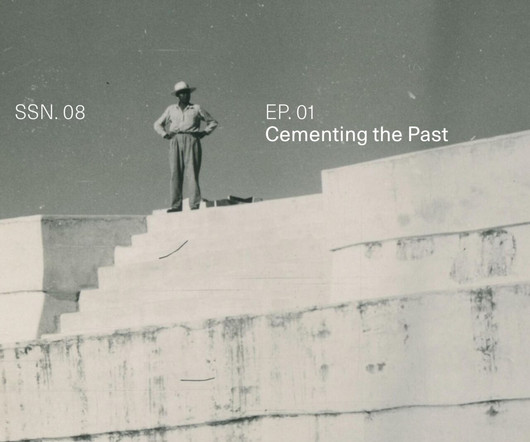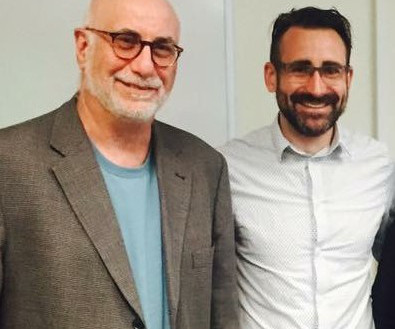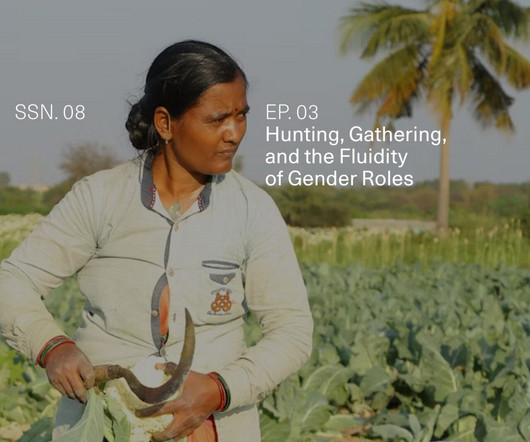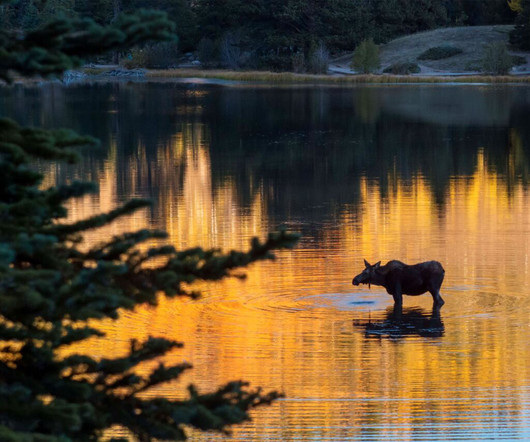Cementing the Past
Sapiens
APRIL 1, 2025
-backed coups, and, oddly enough, invested in archaeology. A cover of Unifruitco Magazine , a publication of the United Fruit Company, promoted the companys restoration project at Zaculeu. Her research explores how archaeology as a discipline has been used in U.S. candidate in anthropology at the University of Pennsylvania.

















Let's personalize your content